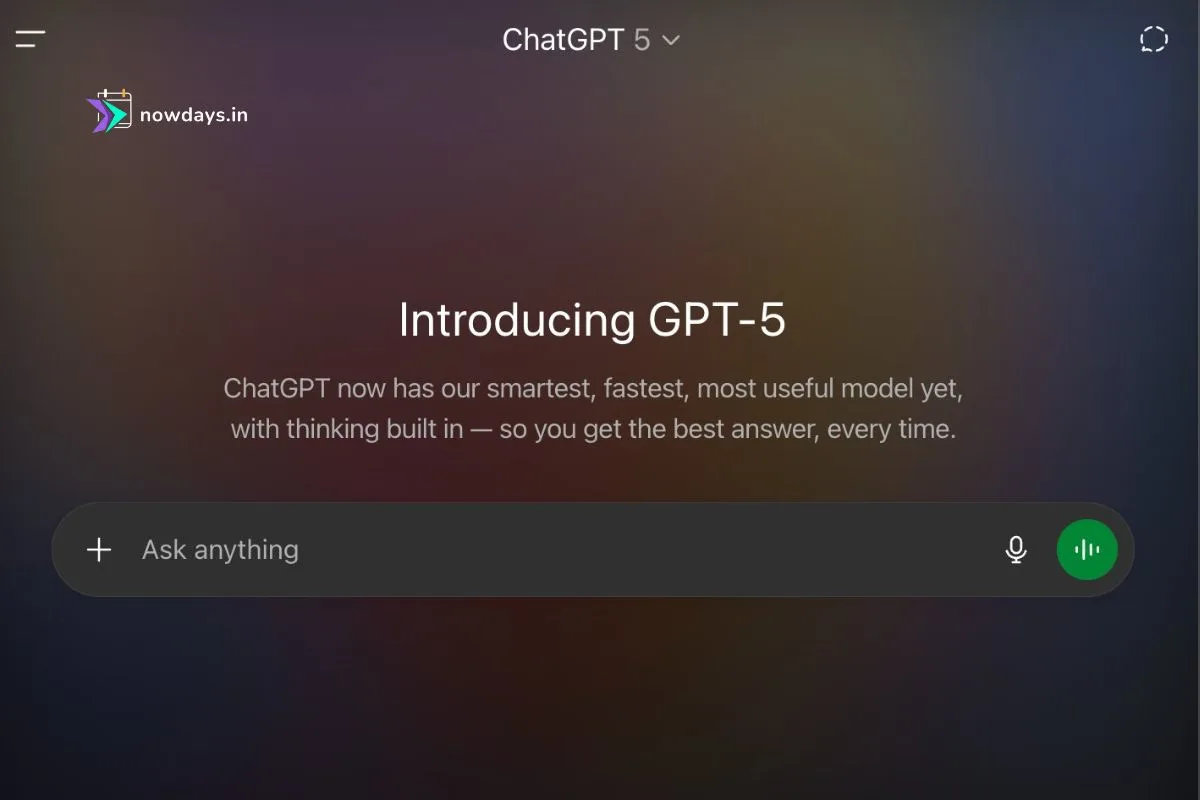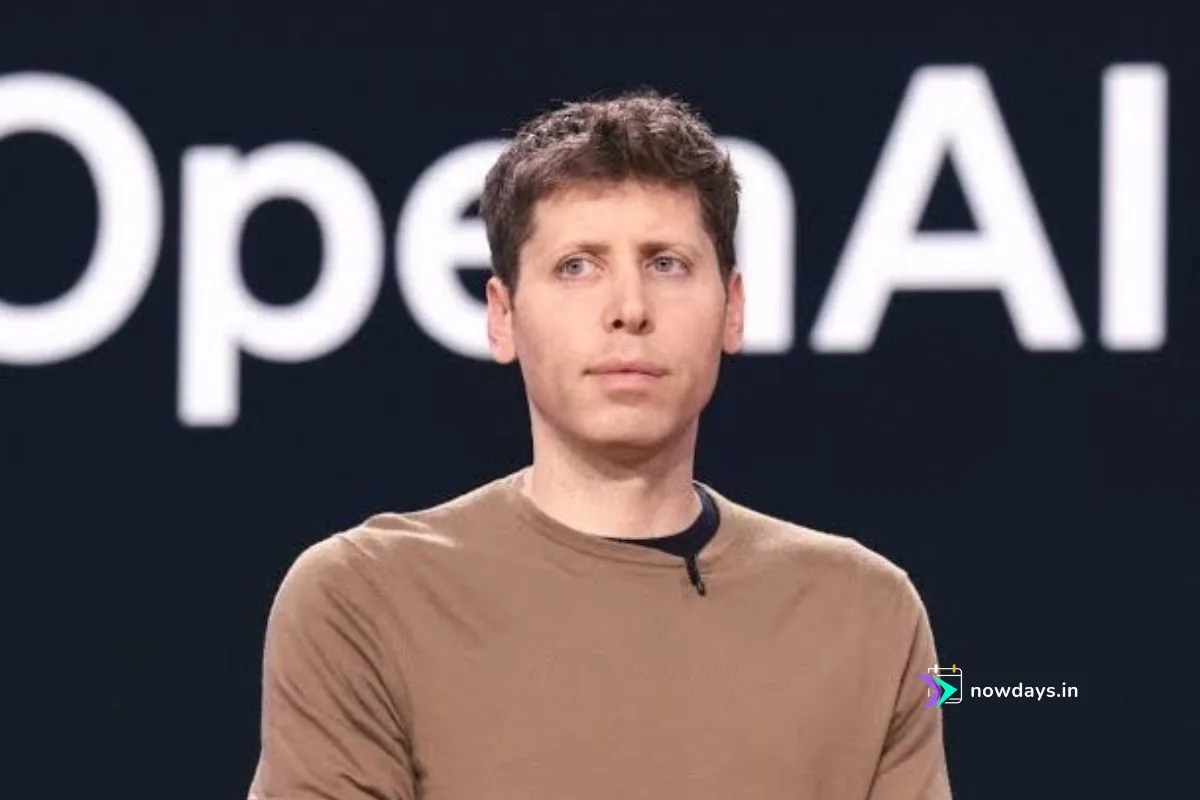OpenAI’s chief executive has spotlighted India as a powerhouse in artificial intelligence adoption, predicting it might overtake the United States as the company’s top global market amid rapid user growth and innovative applications. During the recent unveiling of GPT-5, Sam Altman described the nation’s progress as remarkable, signaling a potential shift in the worldwide AI landscape where emerging economies like India could lead in consumption and creation.
Altman’s High Praise for India’s AI Momentum
At the launch event for OpenAI’s latest model, Altman emphasized India’s position as the firm’s second-biggest user base behind the US, with projections that it could claim the top spot soon. He attributed this to the country’s swift embrace of AI tools, noting how both individuals and enterprises are leveraging them in creative ways for tasks ranging from business operations to everyday problem-solving. This optimism comes as OpenAI rolls out GPT-5, touted for its enhanced capabilities in logical thinking, rapid processing, and specialized expertise, making it accessible across free and premium tiers.
Altman calls GPT-5 a 'leap forward,' praises India's AI embrace:#ChatGPT #Trending pic.twitter.com/LPhKWi1GBc
— Deepak Soni (@__deepaksoni) August 14, 2025
Altman also revealed plans for a September visit to engage with local stakeholders, underscoring efforts to tailor products for Indian needs through collaborations with domestic firms. These partnerships aim to enhance affordability and relevance, addressing unique challenges like multilingual support and cost barriers in a diverse market.
From Skepticism to Endorsement: A Shift in Perspective
This endorsement marks a notable evolution from Altman’s earlier views. In 2023, during a visit, he suggested that building foundational AI models comparable to OpenAI’s would be challenging for Indian startups due to resource demands, though he encouraged innovation in novel areas. That comment sparked debate, with some entrepreneurs viewing it as a motivational challenge. Now, his tone reflects admiration for India’s trajectory, aligning with the nation’s expanding digital infrastructure and talent pool.
Experts interpret this as a strategic pivot. In analyses from platforms like the Atlantic Council, observers note that OpenAI’s focus on India counters competition from rivals such as Chinese models, while tapping into a market with over 700 million internet users generating vast data for AI training.
India’s AI Landscape: Growth Projections and Drivers
India’s AI sector is on a steep upward curve, with forecasts indicating a tripling of market value to over $17 billion by 2027, driven by enterprise adoption and government initiatives. Reports from consulting firms highlight the country’s 16% share of global AI talent, expected to reach 1.25 million professionals soon, fueled by strong engineering education and a surge in startups—over 2,000 in recent years—spanning fintech, education, and media.
Public digital frameworks like unique identification systems and payment interfaces provide a robust foundation for AI applications, enabling scalable solutions in areas like healthcare and agriculture. The government’s allocation of significant funds for computing resources further supports this ecosystem, positioning India as a hub for both consumption and development.
Expert Insights: Opportunities and Hurdles Ahead
Industry voices echo Altman’s enthusiasm but add nuance. In a podcast discussion with an Indian entrepreneur, Altman described AI as a tool for empowering early-stage ventures, from coding to marketing, suggesting it could democratize opportunities for young professionals. Analysts on YouTube channels, such as those analyzing tech trends, praise India’s “eager transformation,” predicting it could evolve from a user base to a creator of globally influential AI platforms.
However, challenges persist. Policy experts from think tanks warn of infrastructure gaps, regulatory needs, and data privacy concerns that could slow progress. A video breakdown from a geopolitical analysis site points out that while India’s enthusiasm is unmatched, competition from established players requires focused investments in research and ethical AI governance to avoid pitfalls like content misuse or market dominance by foreign entities.
Trade tensions, including recent US tariffs on certain goods, add complexity. Some reports link these to broader tech rivalries, potentially affecting collaborations, but Altman’s comments suggest OpenAI views India as a key ally in advancing accessible AI.
Broader Implications for Global AI Dynamics
Altman’s prediction could accelerate foreign investments and partnerships, boosting India’s role in the AI race. With models like GPT-5 offering expert-level assistance in fields from coding to event planning, widespread adoption might enhance productivity across sectors, creating jobs and fostering innovation. For consumers, this means more affordable, localized AI tools that integrate seamlessly into daily life.
Yet, experts caution against overreliance. In economic forums, discussions emphasize balancing growth with equitable access to prevent a digital divide. As India potentially surpasses the US in AI users, it underscores a shift toward multipolar tech leadership, where emerging markets drive the next wave of advancements.
Altman’s vision paints India as a frontrunner, but realizing this potential will depend on sustained collaboration, infrastructure builds, and adaptive policies. As the September visit approaches, the global tech community watches closely, anticipating how this “incredibly fast-growing” market shapes the future of AI.













1 thought on “OpenAI CEO Sam Altman: India Is “Incredibly Fast-Growing” and Could Surpass the US in AI”